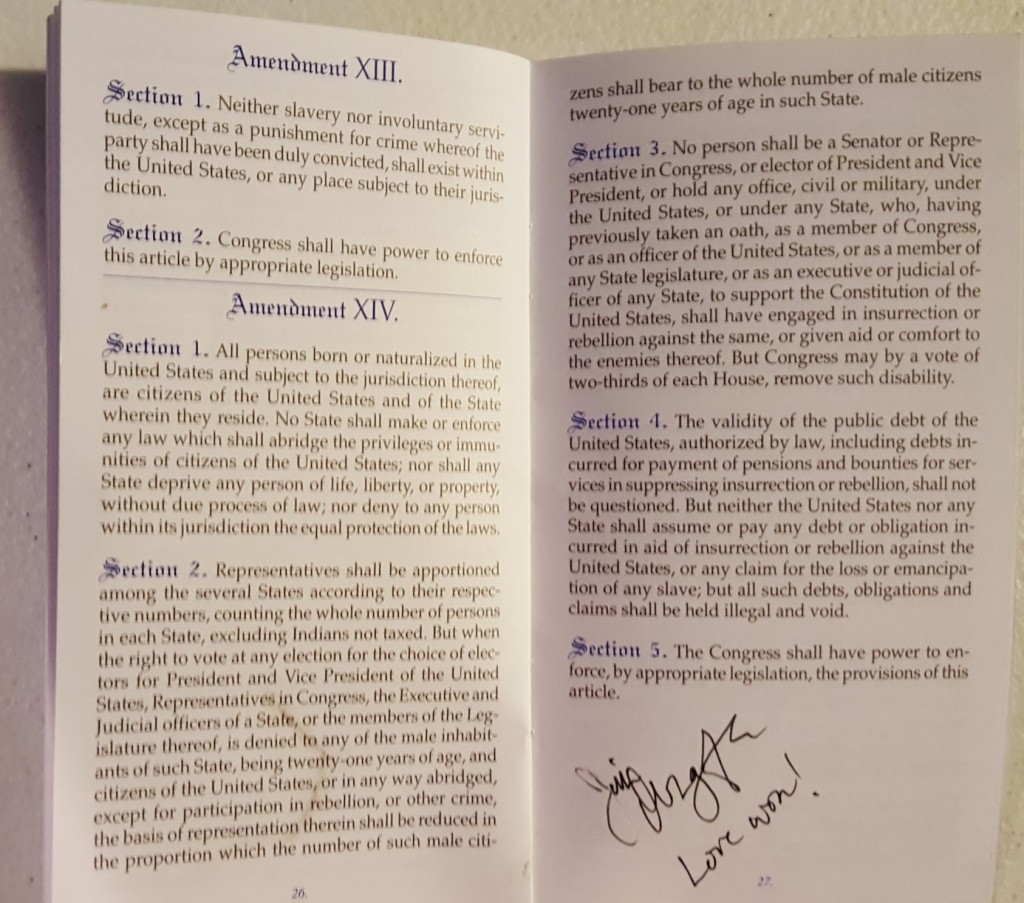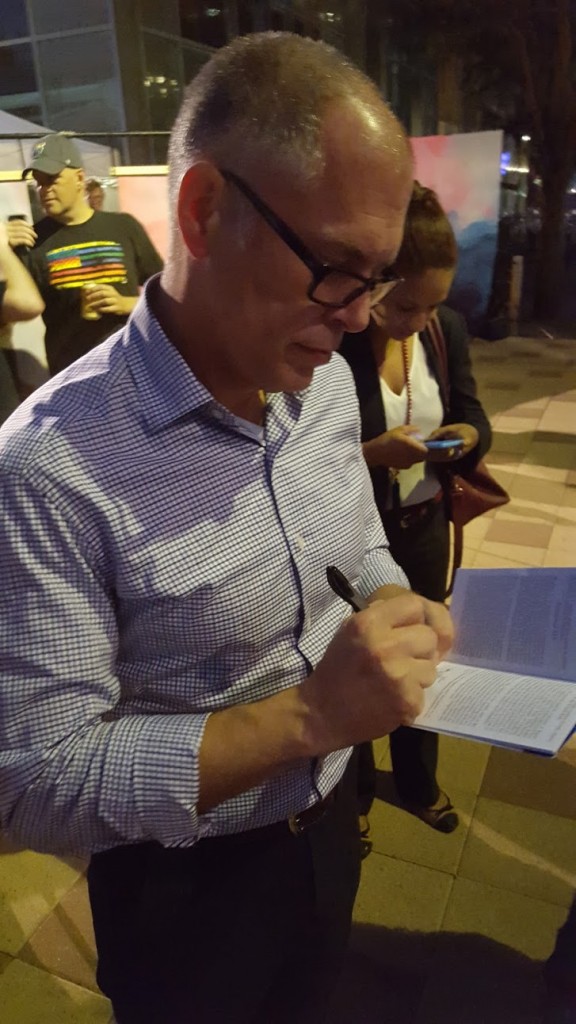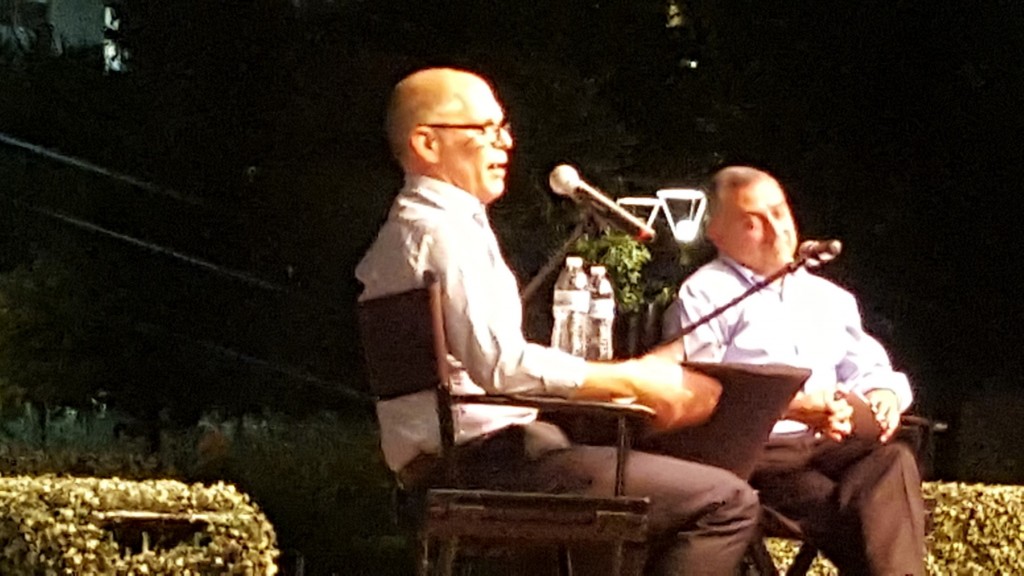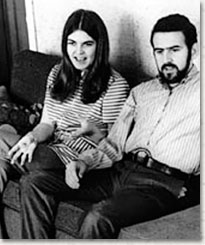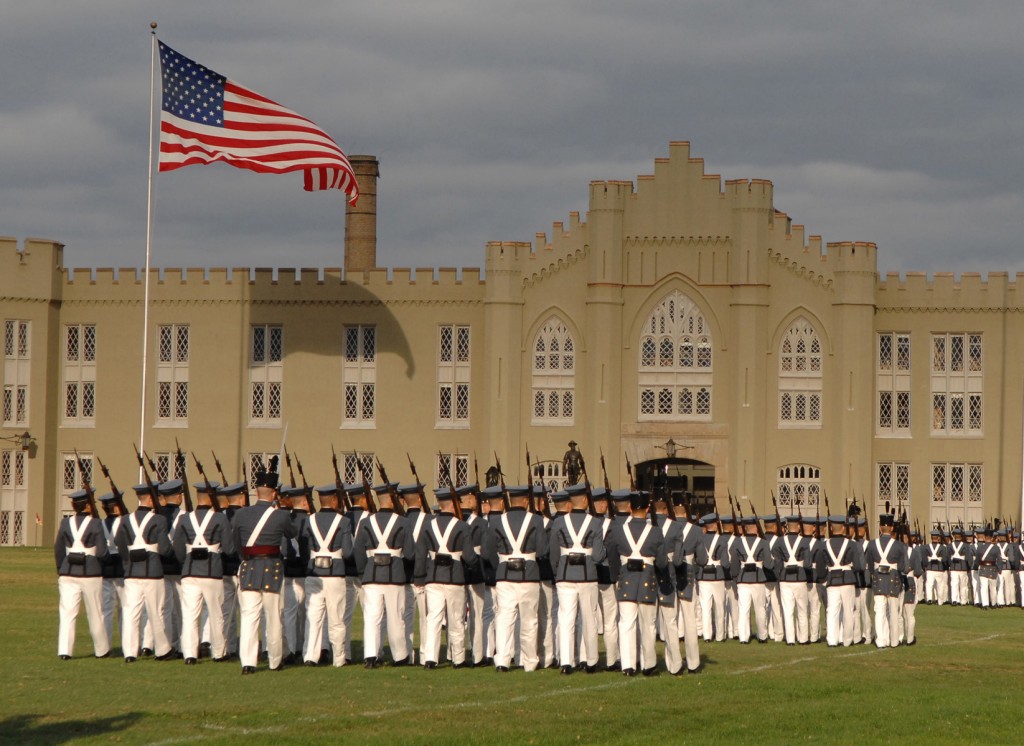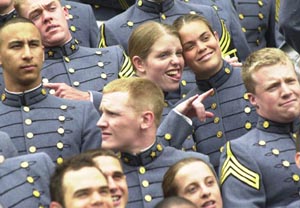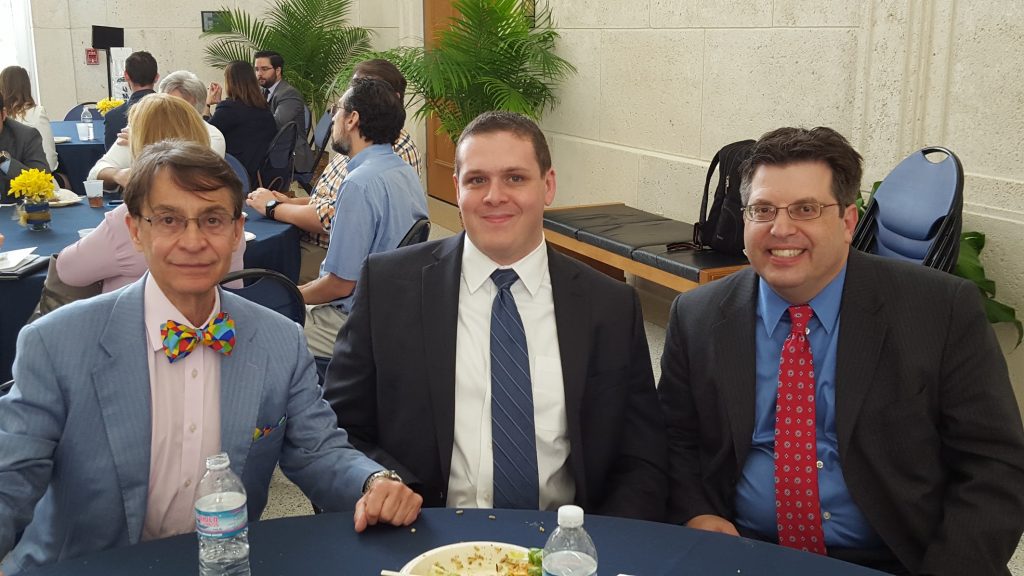On Balkinzation, Richard Primus writes about a debate he and I had at the University of Michigan in October. Though he links to the video I posted, he does not refer to me by name. Instead, he refers to me as “another law professor—a relatively thoughtful defender of the Trump Administration’s executive orders.”
Several months ago, I transcribed portions of Primus’s remarks. I sent them to him for his approval, and incorporated his proposed changes. Here they are, with time stamps.
30:50 : I am not here to tell you that I have looked into Professor Blackman’s soul and found evil. I have known Professor Blackman for some years, though I do not know him closely, he has always presented in his direct interactions with me as a very friendly person. But I think almost everyone looks back in history and identifies episodes as evil, and I don’t see any reason to think that evil is a thing that existed in the past, and disappeared from the earth. It is difficult to call evil by its own name.
33:00: What should the lawyer do when faced with a policy that is evil? When Justice Scalia faced policies he thought were evil and were of questionable constitutionality, he worked to discover that they were unconstitutional from his point of view. That is appropriate stated in that way. If you are faced with an evil, and it is obviously unconstitutional, then fine. If you are faced with an evil, and it is obviously constitutional, then that is regrettable. You can try to do something about it in politics or otherwise. If faced with evil about which you entertain doubts, or if faced with an evil about which you could make some good creative arguments to show why this might be constitutional, I have to ask, why do that. Maybe you have a client, maybe you are bound ethically to serve your client and that is the side you are on, and there are reasons you can’t resign your post. And if you’re just you, thinking about this question, and there are really good arguments that the thing is unconstitutional, and then you hear an argument, maybe if I look at it this way, and squint, maybe that’s constitutional, if you rest there, you’re not doing your job.
59:08: I use the word evil. I think it is. I think the people who put it forward are evil, I think the people who defend it and execute it are enabling something evil. I am willing to say that other people will disagree. I don’t think I’m immune from that. I am perfectly capable of engaging in or enabling evil. I hope people will call me out when I do. I can think of instances where people would say such things. I am not predicting that the Supreme Court will take my view of the matter. I don’t know what I would have predicted when Korematsu was going to be argued. I wasn’t alive. I can’t think myself back, I don’t know what I would have done. What I do know is that Korematsu was wrong and the Supreme Court upholds 3.0 the Court will be wrong. Four Justices who were in the majority in Korematsu also ruled with the Court in Brown, and I don’t think they were particularly evil people as Supreme Court Justices go, but people who were not as a general categorical matter evil people are sometimes vulnerable to accepting plausible-sounding legal arguments for deferring to the president in national security situations and denying that what they have done is racist or enabling of racism. That’s what happened in Korematsu. I think that when faced with the situation like that, what I ought to do is to say this is unconstitutional. The law on it leads me easily to that conclusion and that’s all I need.
Primus remarks in October, as well as his recent post, preview the template of how the professoriate will react to the Supreme Court’s (expected) decision to uphold the travel ban–especially if the Justices signal at arguments that the lower court judgments will be reversed. The Justices today would be enabling evil as did the Justices in Korematsu. Lawyers (like me) who defend the travel ban are also enabling evil as did the lawyers who defended the policies at issue in Korematsu. It’s evil all the way down.
Last year I explained why it is a mistake to analogize the travel ban case to Korematsu. Adam Liptak linked to my analysis in his recent preview of Hawaii v. Trump.
There are, of course, major differences between the two orders, as legal scholars have noted. Roosevelt’s order applied to people living in the United States, many of them citizens, while Mr. Trump’s order concerned nationals of other countries living abroad. (The countries initially included Iran, Libya, Syria, Yemen, Somalia, Chad, North Korea and Venezuela. Last week, the administration lifted restrictions on travel from Chad.)
In enforcing Roosevelt’s order, moreover, the military singled out “persons of Japanese ancestry.” Mr. Trump’s order, by contrast, is neutral on its face, though it disproportionately affects Muslims.
If Neal Katyal tries to invoke Korematsu, as he did in the 9th Circuit, I expect Justice Alito will raise both of these points: that the order applies to people outside the United States, and is facially neutral. In response, Katyal will then have to invoke Primus’s specter of evil. That argument will not resonate with a majority of the Court. But under Primus’s view, that majority is simply enabling evil. It’s evil all the way down.
